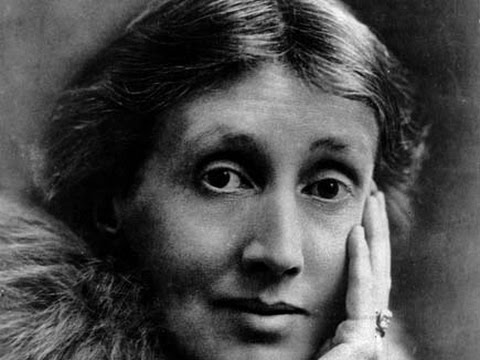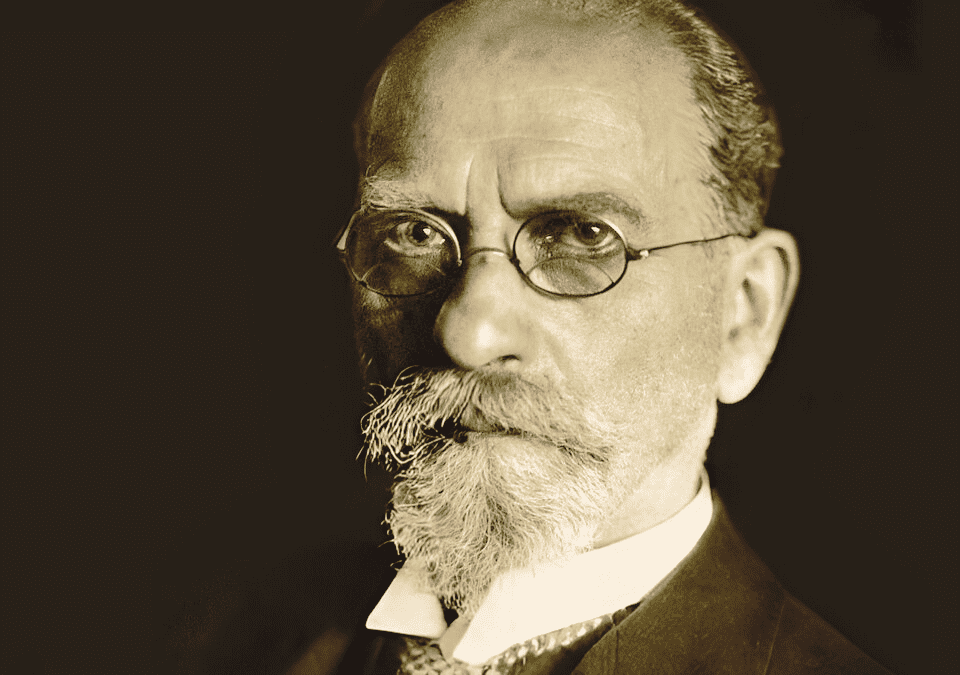
Fabio Rossi
27 Gennaio 2019
Alberto Bairati
27 Gennaio 2019Life and works (her madness and the link with her works)
She was born in London in 1882. She grew up in a literary and intellectual atmosphere: in fact her fathers friends were some of the most important 19th century writers ( for ex. Henry James). Her life was marked by mental problems: after her mothers death, when she was only 13, she had her first mental breakdown. She began to be in revolt against her father’s aggressive and tyrannical character, and his idealization of the domesticated woman (she rejected Victorian values). It was with her fathers death that she began her own life and literary career. She married Leonard Woolf, a publisher, and they moved to another house in Bloomsbury. They formed the “Bloomsbury Group”, a group of intellectuals that reacted against Victorian society and values. She started writing novels: this was a help for her; she understood there was a link between her ability and her mental problems. Her first novels are still traditional, but after, with Monday or Tuesday” and Jacobs room” there is the principal element of her novels, which are always developed in an autobiographical way:-“Mrs.Dalloway” (stream of consciousness technique), To the lighthouse”, Orlando”. She was one of the first writers with feminist idea (she supported the movement far womans suffrage).
She began to suffer from headaches and to sleep badly: she attempted suicide by taking drugs. The second world war increased her anxiety and fears; London was ruined by bombs and she felt that a whole world had disappeared, a world of people, friends, values. She was unable to face her fears and she was afraid of becoming completely mad: she committed suicide, she drowned herself.
Mrs.Dalloway”
I think that this novel can be considered a sort of autobiographical work.
The protagonist of the novel is a London society lady of fifty-one, the wife of the conservative Richard Dalloway, who holds conventional views on politics and women’s rights. Clarissa is characterised by opposing feelings; her need for freedom and independence and her class consciousness (in fact V. supported women’s suffrage..).The fact that she continues to give parties to gain the admiration and approval of others bespeaks a profound dissatisfaction with herself. Her life was apparently happy, perfect, but insìde her inner life she was unhappy: she was living her superficial, false life (not the life she would like to live).She is conscious of her frigidity, of her inability to abandon herself. The splintering effects of a tacitly possessive father(it reminds to Virginia’s father), the frustration of a genuine love, the need to refuse Peter Walsh, a man who would force her to share everything-all this has weakened her emotional axis and split her in two. One part of her lives in help ness, while the other lives in protective self-glorification; and both parts are at once contradictory.
“The party”
In this passage we can find Clarissa’s moments of being: she realises that she is not living the life she would like to live … she is living her false, superficial existence. Septimus death offers her the possibility of a meditation about her life and about the theme of death. Probably there is a connection between the two characters: Clarissa and Septimus. But there is also a link with Virginia Woolf and this case (committing suicide):she is explaining her fear of death and of committing suicide.
Clarissa’s last thought: she had to go back to the party, to her guests; she abandoned the thought of death and of the young man … she accepted her superficial life (the choice is to go on living)



